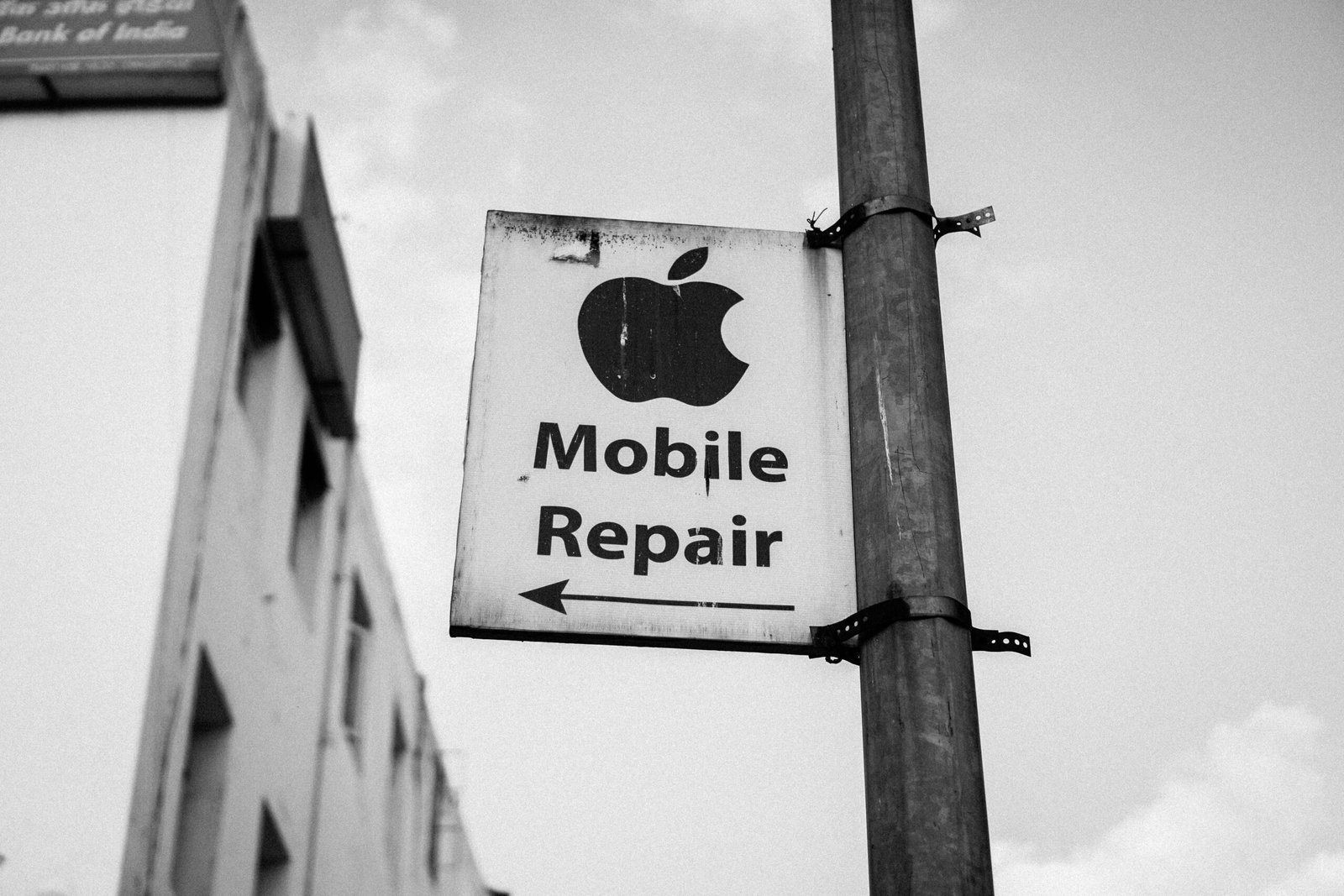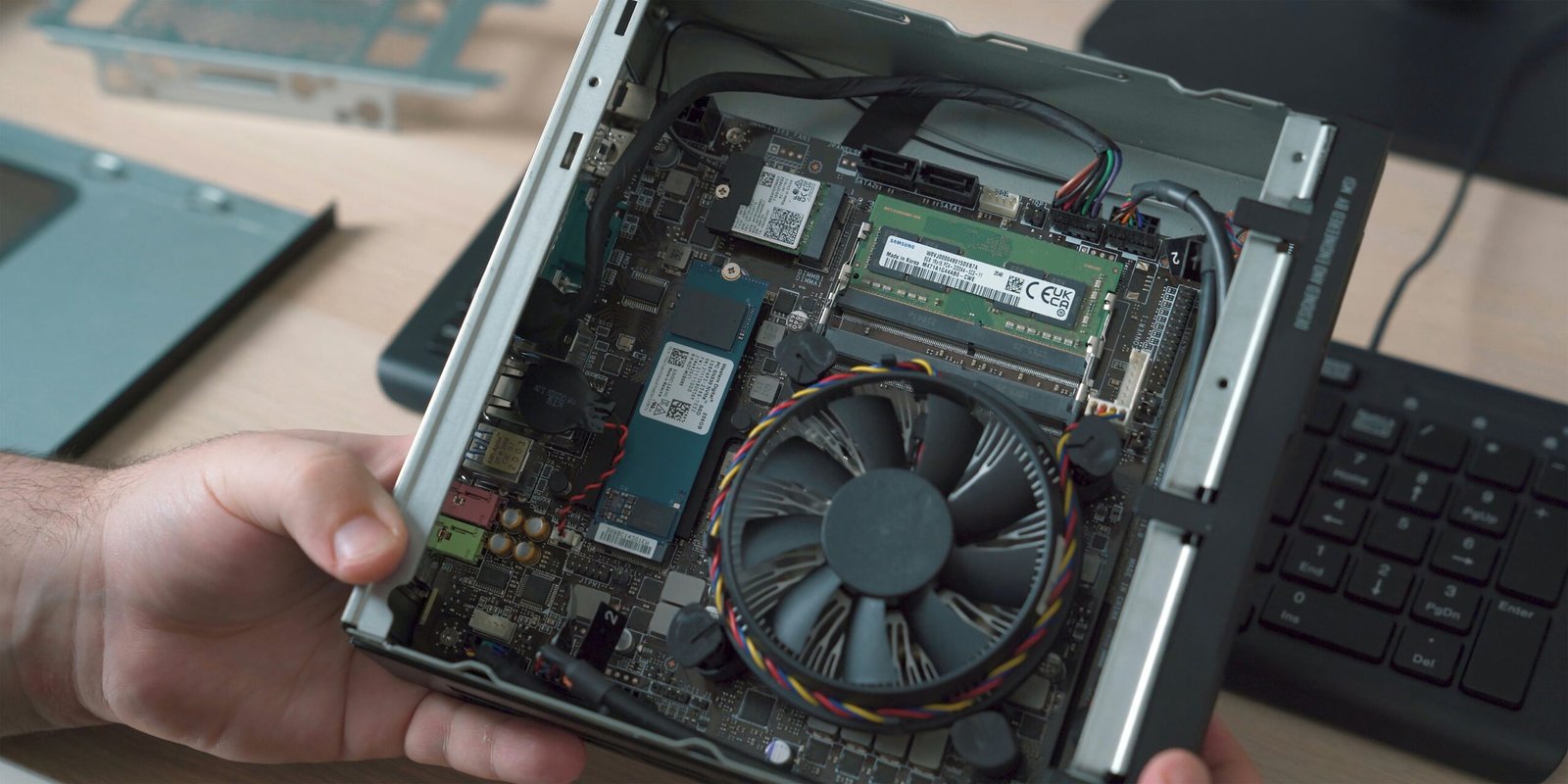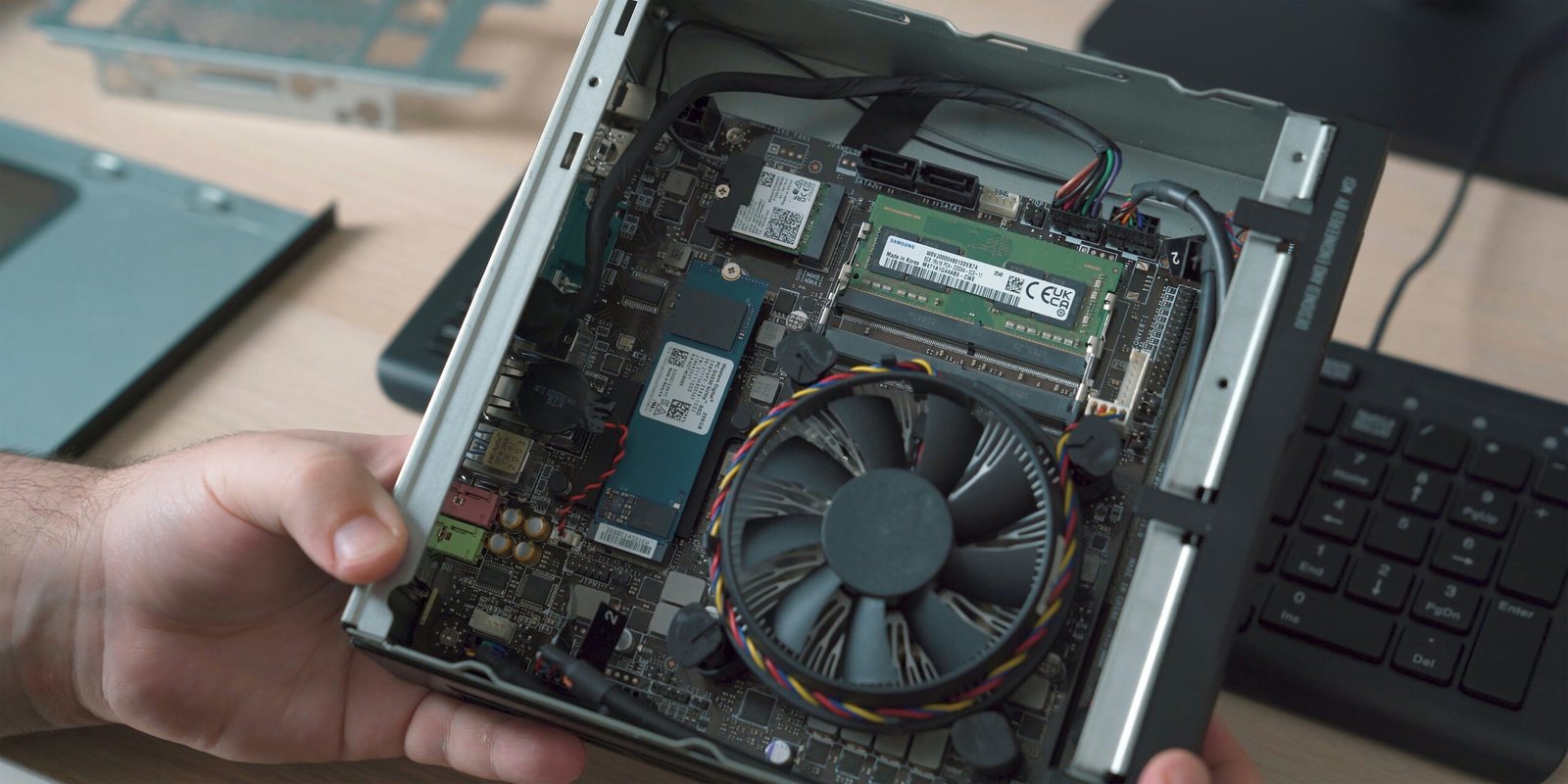Understanding the Role of a Mobile Phone Repair Technician
Introduction to Mobile Phone Repair Technicians
A Mobile Phone Repair Technician, often referred to as a mobile repair specialist or cellphone repair expert, plays a crucial role in today’s digital age. As mobile phones have increasingly become integral to our daily lives, the demand for skilled professionals capable of addressing various smartphone issues has surged. These experts meticulously diagnose and rectify a myriad of problems, allowing users to maintain seamless connectivity and productivity.
The significance of mobile phone repair technicians is evident in their ability to resolve common issues that plague mobile devices. Among the most frequent reasons people seek out these professionals are shattered screens, defective batteries, software glitches, and hardware failures. With each new generation of smartphones, the complexity and sophistication of technology have grown, necessitating advanced skills and up-to-date knowledge in repair practices.
Tracing back the history of this profession, the role of the mobile repair technician has undergone substantial evolution. In the early days of mobile communication, the simpler designs of cell phones required relatively basic troubleshooting skills. However, as technology advanced and smartphones became akin to portable computers, the tasks of repair technicians expanded significantly. These professionals now navigate intricate circuitries, delicate components, and sophisticated software systems.
In conclusion, the role of a mobile phone repair technician is indispensable in modern society. By mastering a blend of technical proficiency and meticulous craftsmanship, these individuals ensure our most relied-upon communication devices remain functional. As mobile technology continues to evolve and innovate, the expertise of these technicians will be even more critical in addressing the dynamic challenges that come with it.“`html
Skills and Qualifications Required
To excel as a Mobile Phone Repair Technician, a combination of technical prowess and interpersonal skills is indispensable. One of the primary technical skills required is an in-depth understanding of electronic circuits. This knowledge allows technicians to diagnose and resolve complex hardware issues within mobile devices, from faulty batteries to malfunctioning screens. Proficiency in using various repair tools, such as soldering irons, multimeters, and screwdrivers, is equally critical. These tools, when used correctly, aid in accurately diagnosing and repairing intricate electronic components.
Beyond technical acumen, problem-solving skills are essential. Mobile phone repair often involves troubleshooting a variety of issues that may not be immediately apparent. The ability to think critically and develop effective solutions is a significant advantage in the field. Another crucial skill is attention to detail. Given the miniature size and complexity of mobile phone components, even the smallest oversight can lead to incomplete repairs or further damage. Hence, precision and meticulousness play a vital role.
Educationally, aspiring technicians can benefit from courses or certifications in electronics. These educational programs provide a foundational understanding of electronic components and repair techniques, enhancing a technician’s competency and confidence. Industry-recognized qualifications, such as those offered by institutions like CompTIA or the Mobile Repair Institute, can further bolster a technician’s credentials. Possessing such certifications not only signifies a high level of expertise but also increases employability and credibility in the eyes of potential employers or clients.
In conclusion, becoming a proficient Mobile Phone Repair Technician demands a blend of technical and soft skills, a strong educational foundation, and recognized industry certifications. These qualifications collectively ensure that a technician is well-prepared to address the diverse and complex challenges within the mobile phone repair industry.
“`
Mobile phone repair technicians rely on a variety of tools and equipment to diagnose and fix issues with smartphones. These tools are essential for ensuring accurate and efficient repairs. Among the most crucial are diagnostic tools, which help identify the underlying problems in a mobile device. These can range from basic multimeters to advanced software tools that provide a detailed health report of the phone’s hardware and software.
Soldering irons are another fundamental piece of equipment for any mobile phone repair technician. They are used for tasks such as replacing damaged components or reconnecting loose ones. A high-quality soldering iron can make the difference between a successful repair and a damaged device. Complementing the soldering iron, magnifying glasses or microscopes are vital for detail-oriented tasks, allowing technicians to see small components clearly and make precise repairs.
A comprehensive set of screwdrivers is indispensable for mobile phone repairs. Given that smartphones are assembled with tiny screws, having the right screwdriver can prevent damage to the device. Specialized screwdrivers designed explicitly for mobile devices help in safely disassembling and reassembling phones without causing harm to sensitive parts.
Adhesives also play a significant role, particularly when dealing with screen replacements or securing components that may become loose over time. Technicians use various types of adhesives, each suited to different parts of the phone. For example, B-7000 glue or LOCA (Liquid Optical Clear Adhesive) are standard products used to attach screens securely.
Specialized software tools are equally important for troubleshooting software issues. These tools can assist in diagnosing software problems, performing firmware updates, and recovering lost data. Diagnostic software helps technicians understand the software’s state and guides them in implementing necessary fixes, which can be crucial, especially for issues not visible on hardware diagnostics.
Safety is paramount in mobile phone repair. Technicians must observe standard safety measures, such as wearing anti-static wristbands, using tools with insulated handles, and ensuring proper ventilation when using adhesives. These precautions help prevent injuries and protect the delicate components of mobile devices.
“`html
Common Challenges and How Technicians Overcome Them
Mobile phone repair technicians often encounter a multitude of challenges in their day-to-day operations. One of the primary difficulties is dealing with increasingly complex and unfamiliar mobile phone models. As smartphone technology advances rapidly, technicians must continually adapt and familiarize themselves with new models and their unique architectures. Staying updated with the latest trends through continuous learning and training is instrumental. Many technicians participate in workshops and online courses to enhance their knowledge and skills, ensuring they remain proficient and up-to-date.
Another significant challenge is sourcing high-quality replacement parts. With a vast range of counterfeit components in the market, technicians must exercise due diligence in identifying reliable suppliers. They often build relationships with reputable vendors or opt for certified parts to ensure the longevity and performance of the repairs they perform. By using high-quality parts, they not only enhance customer satisfaction but also build trust and credibility in their service.
Handling delicate components without causing further damage is another critical challenge for mobile phone repair technicians. Modern smartphones are compact and intricately designed, making them difficult to disassemble and reassemble without risking damage to other components. Technicians employ specialized tools and techniques, as well as meticulous attention to detail, to navigate these repairs successfully. This precision ensures that devices are returned to customers in optimal working conditions.
Managing customer expectations is a crucial aspect of a technician’s role. Customers often have varied expectations regarding turnaround times and repair outcomes. Effective communication is key to setting realistic expectations and avoiding dissatisfaction. Technicians must explain potential issues, repair timelines, and costs transparently. Providing periodic updates during the repair process also helps in fostering customer trust and satisfaction.
Staying updated with technological advancements is paramount for mobile phone repair technicians. The tech landscape is ever-evolving, and remaining proficient with the latest features and functionalities is essential for maintaining service quality. Real-world examples demonstrate technicians rising to these challenges. For instance, technicians who encountered the complex Face ID technology in the latest iPhones took specialized courses to master the repair techniques, showcasing their dedication to continuous improvement.
“`







